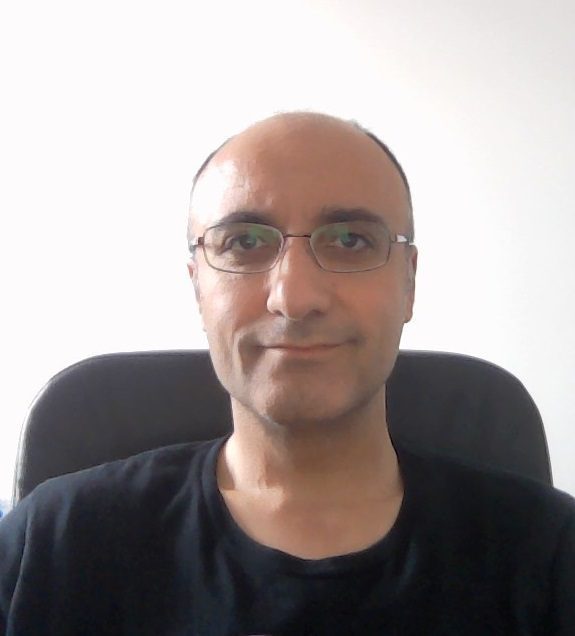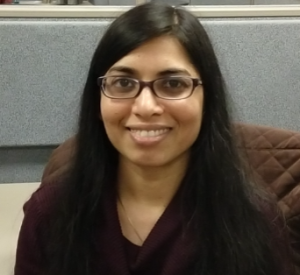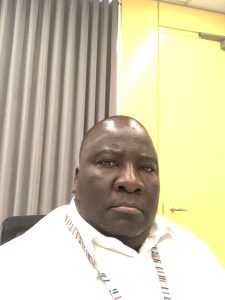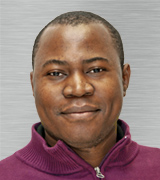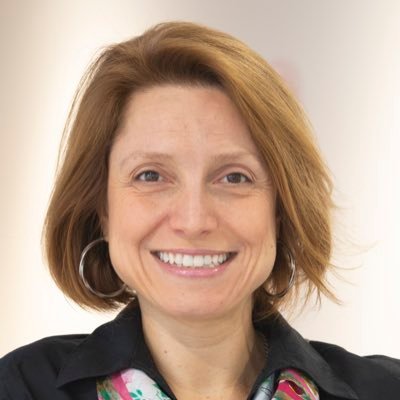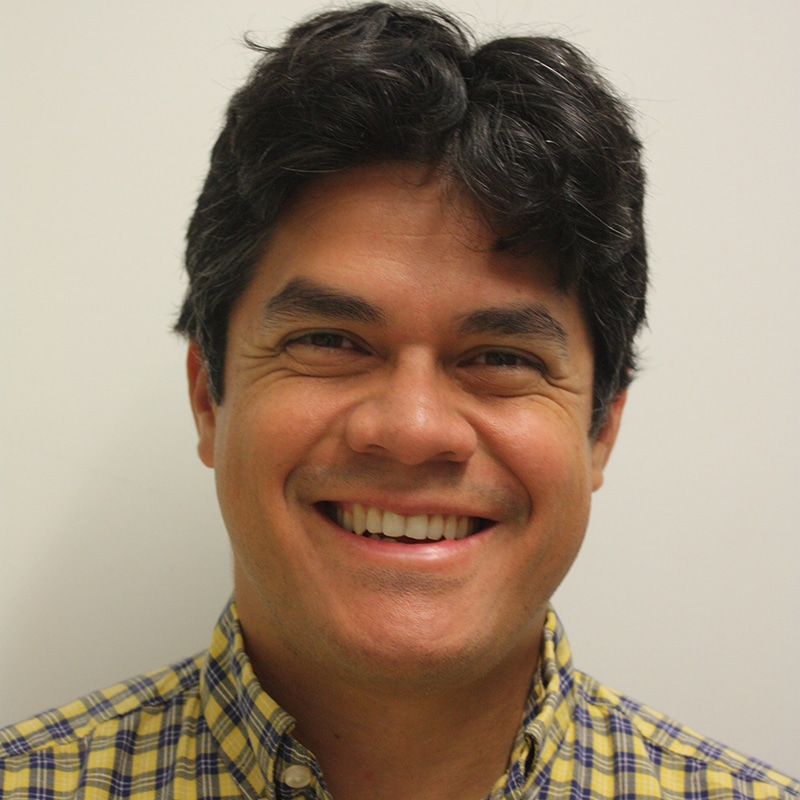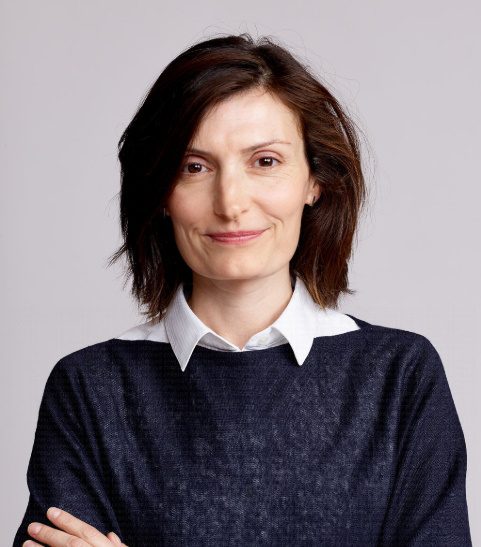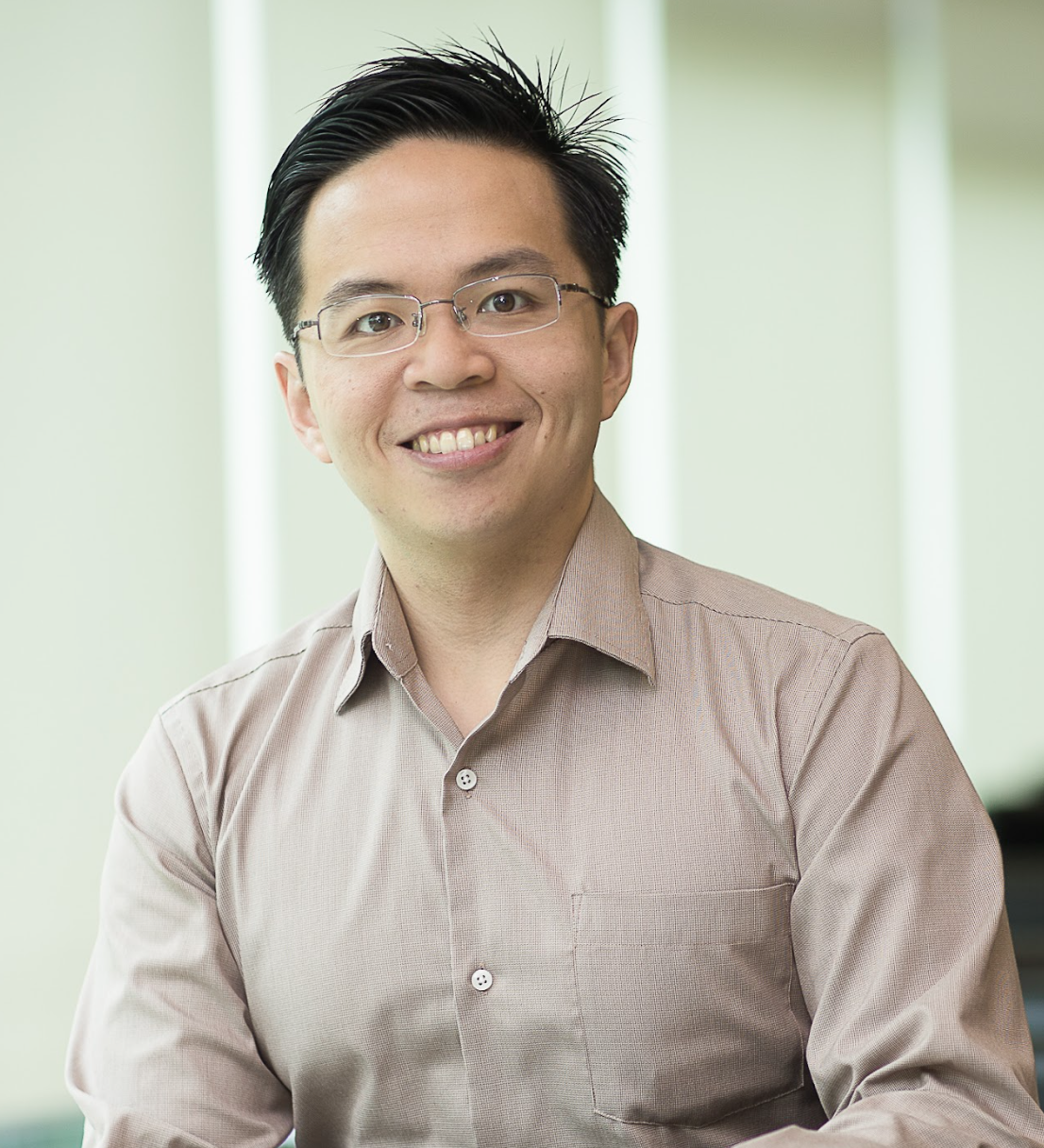
David Lo (Singapore Management University, Singapore) is the OUB Chair Professor of Computer Science and Director of the Center for Research in Intelligent Software Engineering (RISE) at Singapore Management University. Since the mid-2000s, he has championed the area of AI for Software Engineering (AI4SE), demonstrating how AI — including data mining, machine learning, information retrieval, natural language processing, and search-based algorithms — can be used to transform software engineering (SE) data into automation and insights. Additionally, through interviews and surveys, he has (i) sought to understand practitioners’ pain points, which highlight requirements for further automation and research, and (ii) explored the requirements and acceptance thresholds for adopting AI-powered tools. His works have been recognized by over 20 awards, including two Test-of-Time awards; nine ACM/IEEE Distinguished Paper awards; and have gathered more than 30k citations. He is an ACM Fellow, IEEE Fellow, ASE Fellow, and National Research Foundation Investigator (Senior Fellow), and is serving as a PC Co-Chair for ASE’20, FSE’24, and ICSE’25. More information is available at: Link to Website
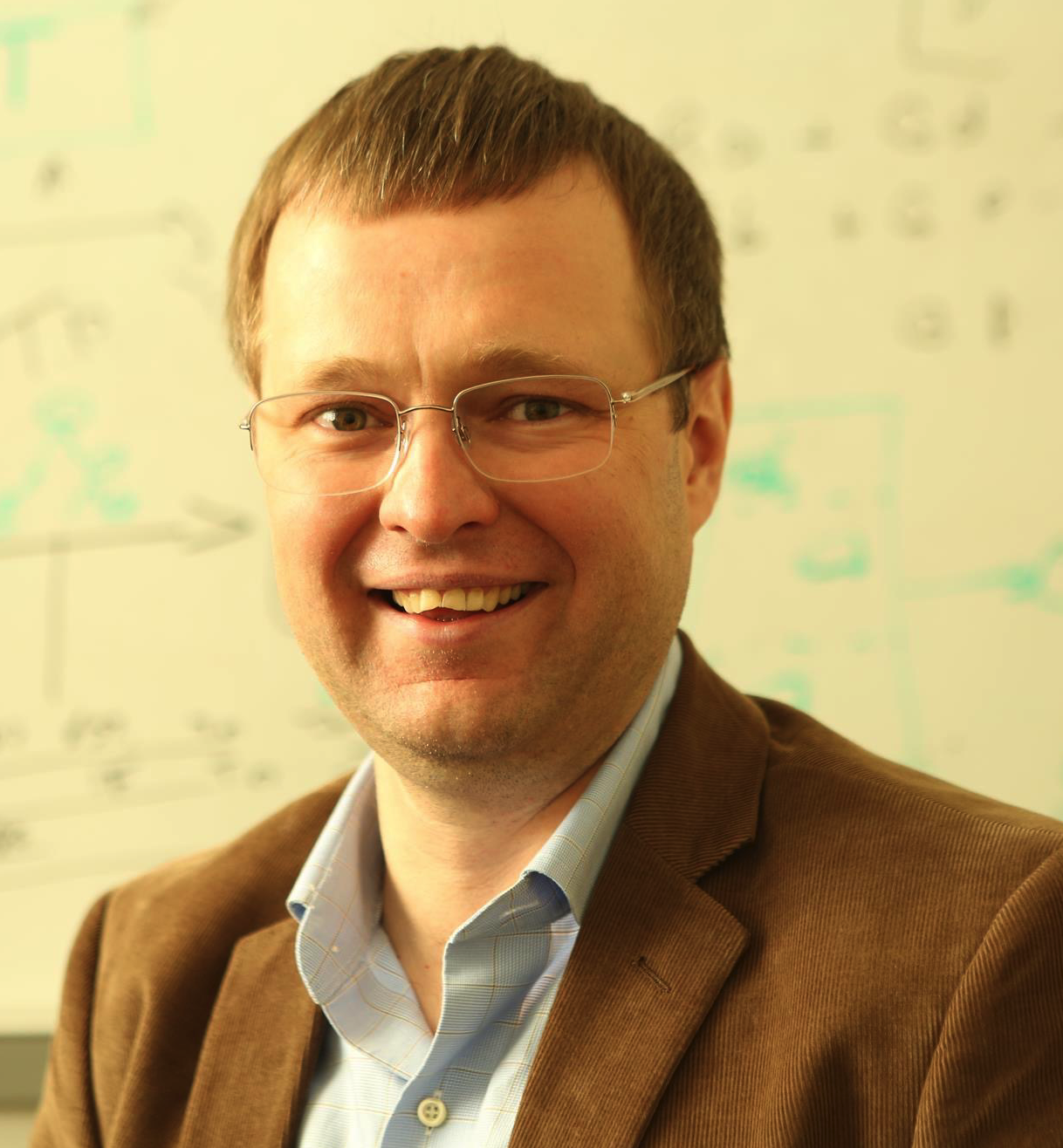
Denys Poshyvanyk (William & Mary, USA) is a Chancellor Professor and a Graduate Director in the Computer Science Department at William & Mary. He currently serves as a Guest Editor-in-Chief of the AI-SE Continuous Special Section at the ACM Transactions on Software Engineering and Methodology (TOSEM) and a Program Co-Chair for FSE’25. He is a recipient of multiple ACM SIGSOFT Distinguished paper awards, the NSF CAREER award (2013). He is an IEEE Fellow and an ACM distinguished member. More information is available at: Link to Website
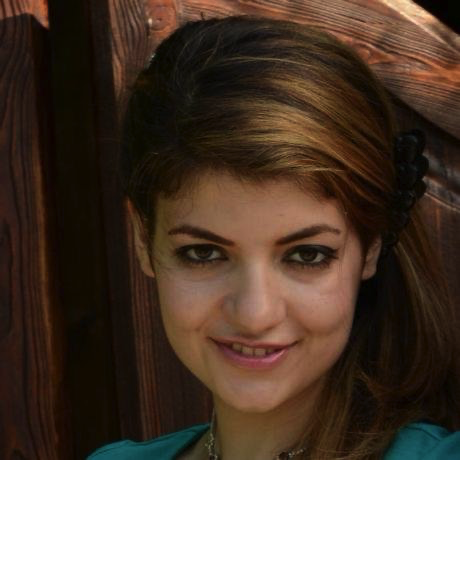
Negar Rostamzadeh (Google, Canada) is a Staff Research Scientist at Google Society Centered AI team, where she studies the social impact of machine learning technologies and evaluation systems. Prior to that, Negar was a research scientist at Element AI, where she worked on efficient sampling and labeling approaches in a variety of multimedia and computer vision problems. Negar obtained her PhD from the University of Trento, where she was advised by Dr. Nicu Sebe. Her main area of research during her PhD was on large scale video understanding problems. During her PhD, she spent two years at MILA, where she worked on attention mechanisms in videos, video captioning and generation under the supervision of Dr. Aaron Courville. Negar was a co-founder of Women in Deep Learning (WiDL) in 2016, and a co-organizer of WiML, WiCV and WiDL in 2017. She served as a DEI chair for ICCV 2021. She was also co-founder and chair of multiple workshop series in CVPR, such as Computer Vision for Fashion, Art and Design, Ethical Considerations in Creative Applications of Computer Vision, and Responsible Generative AI, as well as Science meets Engineering of Deep Learning workshop series at ICLR, NeurIPS and FAccT. More information is available at: Link to Website
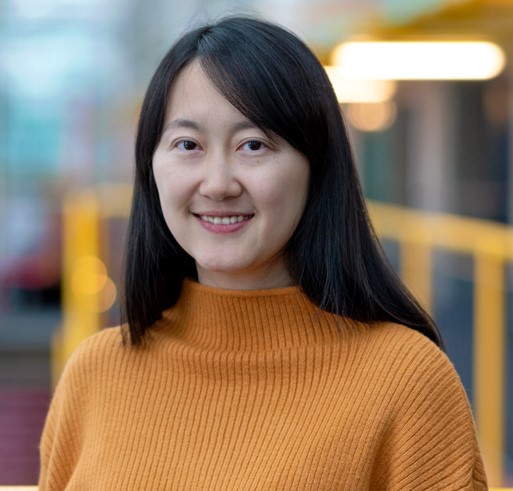
Xi He (University of Waterloo, Canada) holds the position of Canada CIFAR AI Chair at the Vector Institute and serves as an Assistant Professor at the University of Waterloo’s School of Computer Science. Her research is dedicated to enhancing privacy and security within the realm of big data. This involves developing accessible, dependable tools for data analysis and machine learning, ensuring strong security and privacy (S&P) protections. Her foundational strategy focuses on setting and achieving strict S&P criteria, leading to innovative optimizations in S&P-conscious database and machine learning systems. Her contributions have been recognized at leading conferences in databases, privacy, and machine learning, such as SIGMOD, VLDB, CCS, PoPets, and AAAI, where she has also conducted esteemed tutorials on privacy. In 2021, she co-authored the book “Differential Privacy for Databases” with Joseph Near, further cementing her expertise and influence in the field. More information is available at: Link to Website
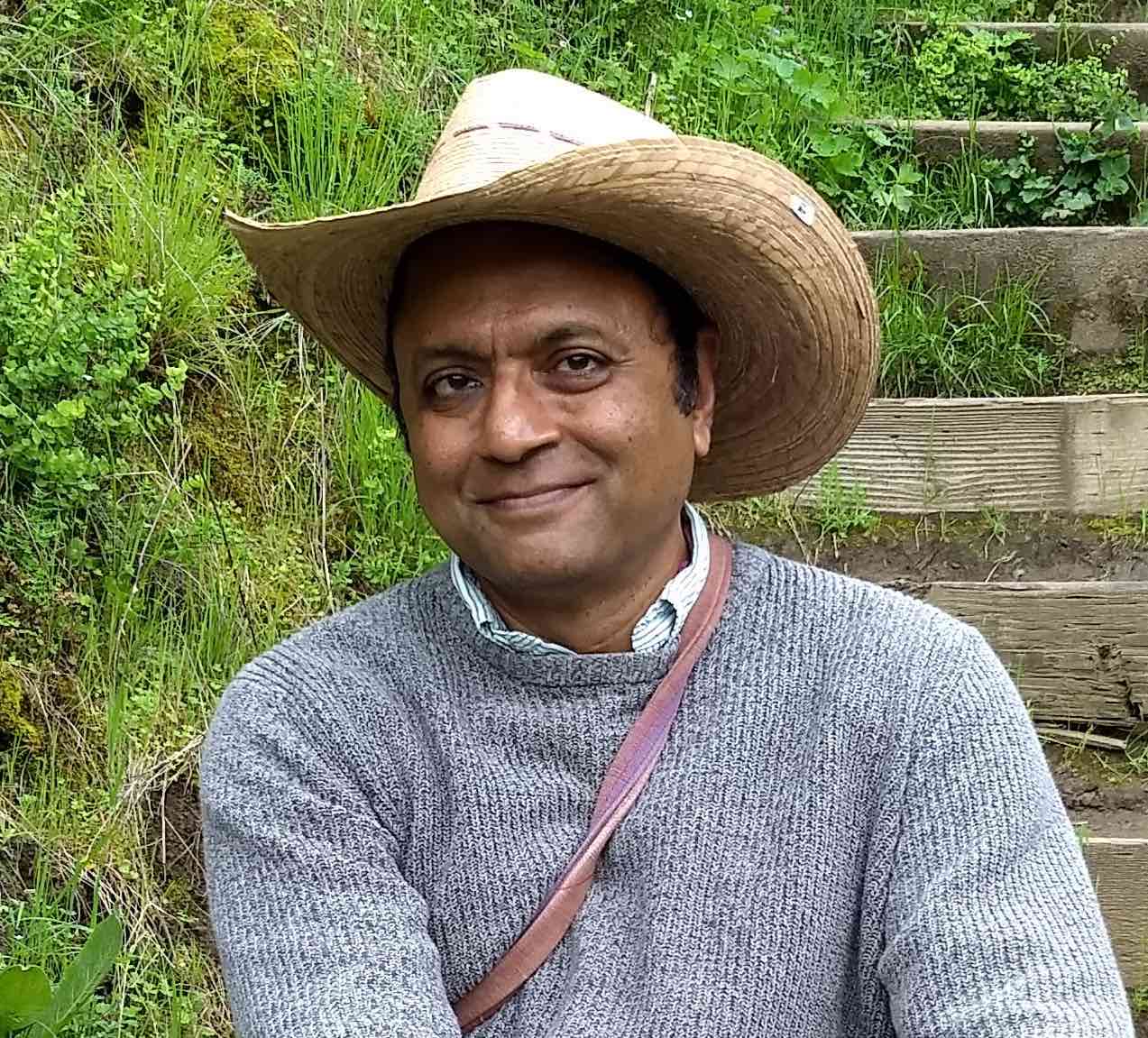
Prem Devanbu (UC Davis, USA) is Distinguished Professor of Computer Science at UC Davis. He received his B.Tech from IIT Madras, and his Ph.D from Rutgers University under Alex Borgida. After a career in Industrial R&D at Bell Labs in New Jersey, he joined UC Davis. He has worked in several areas, including Software tools, Secure Data Outsourcing, Empirical Software Engineering, and the Naturalness of Software, and applications thereof. Five of his papers (in MSR 2006, MSR 2009, ESEC/FSE 2008, ESEC/FSE 2009, ESEC/FSE 2011) have won “test-of-time” or “10 year most influential paper” awards. He also won the ACM SIGSOFT Outstanding Research Award in 2021, “for profoundly changing the way researchers think about software by exploring connections between source code and natural language”. He is an ACM Fellow. More information is available at: Link to Website
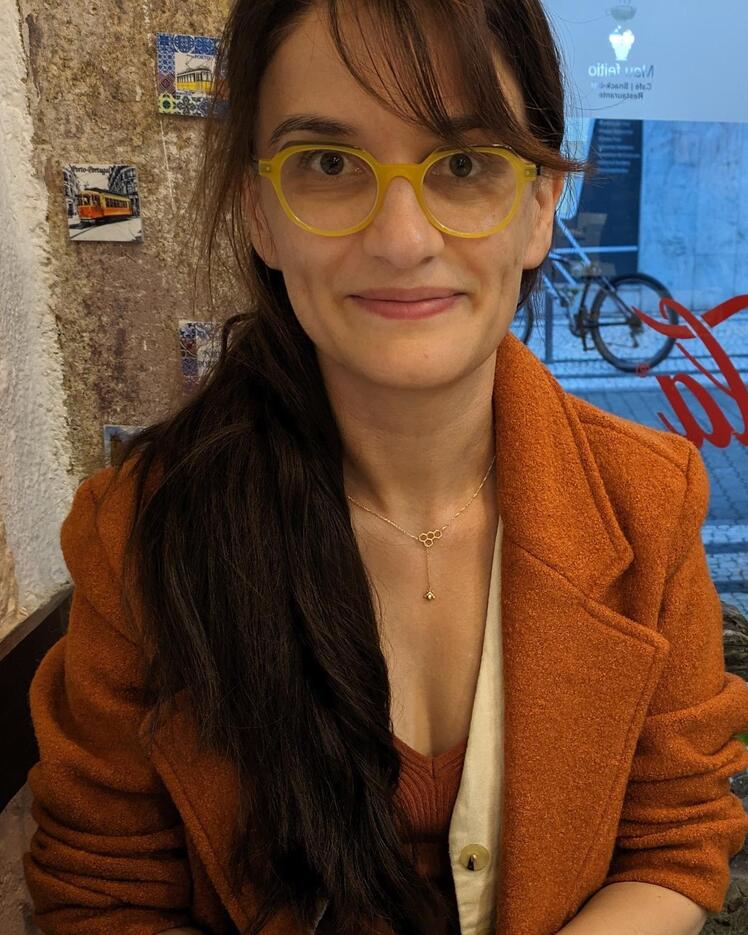
Alexandra Olteanu (Microsoft Research, Canada) is a researcher in computational social science and social computing, currently serving as a Principal Researcher in the Fairness, Accountability, Transparency, and Ethics (FATE) Group. Before joining the FATE group, she was a Social Good Fellow at the IBM T.J. Watson Research Center in New York. Her research focuses on the impact of data biases and methodological limitations on our understanding of online social traces, aiming to develop safer, fairer, and less biased systems. She addresses societal challenges like hate speech, racial discrimination, climate change, and disaster relief. Her work has earned her two best paper awards (WISE 2014 and Eurosys’ SNS workshop 2012) and has been highlighted in the UN OCHA’s “World Humanitarian Data and Trends” as well as in media outlets such as The Washington Post, VentureBeat, and ZDNet. Alexandra has contributed to the program committees of major social media and web conferences, including ICWSM, WWW, WebSci, CIKM, and SIGIR. She also serves on the steering committee of the ACM Conference on Fairness, Accountability, and Transparency (FAT*) and has been the Tutorial Co-chair for ICWSM 2018 and FAT* 2019. She earned her PhD from École Polytechnique Fédérale de Lausanne (EPFL) in Switzerland in 2016, and her professional experience spans academic institutions and research labs in five different countries. More information is available at: Link to Website
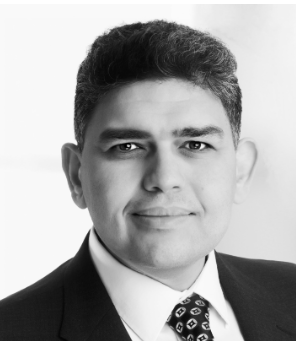
Ahmed E. Hassan (Queen’s University, Canada) is an ACM Fellow, IEEE fellow, and an NSERC Steacie fellow. He is a laureate of the Mustafa Prize, a distinction equivalent in prestige to a Nobel, for founding the AI-augmented SE field and its associated Mining Software Repositories (MSR) conference. He is a Distinguished Educator of IEEE TCSE and an Influential Educator of ACM SIGSOFT. He is a recipient of the inaugural New Directions IEEE TCSE Award for his outstanding and sustained efforts in advancing the AI-augmented SE field. He is the Canada Research Chair (CRC) in Software Analytics, and the NSERC/BlackBerry Software Engineering Chair at the School of Computing at Queen’s University, Canada. More information is available at: Link to Website

Lingming Zhang (University of Illinois Urbana-Champaign, USA) is an Associate Professor in the Department of Computer Science at the University of Illinois Urbana-Champaign. His main research interests lie in Software Engineering and Programming Languages, as well as their synergy with Machine Learning, aiming to improve developer productivity and software quality. For example, his work has found over 1000 new bugs/vulnerabilities in critical software systems, including deep learning libraries/systems, C/C++ compilers, Java virtual machines, operating systems, and quantum computing systems. He is the recipient of ACM SIGSOFT Early Career Researcher Award, NSF CAREER Award, and UIUC Dean’s Award for Excellence in Research. Additionally, he has received multiple distinguished/best paper awards and various awards/grants from leading tech companies such as Alibaba, Amazon, Google, Kwai Inc., Meta, NVIDIA, and Samsung. He currently serves as program co-chair for ASE 2025 and LLM4Code 2024, and associate chair for OOPSLA 2024. More information is available at: Link to Website
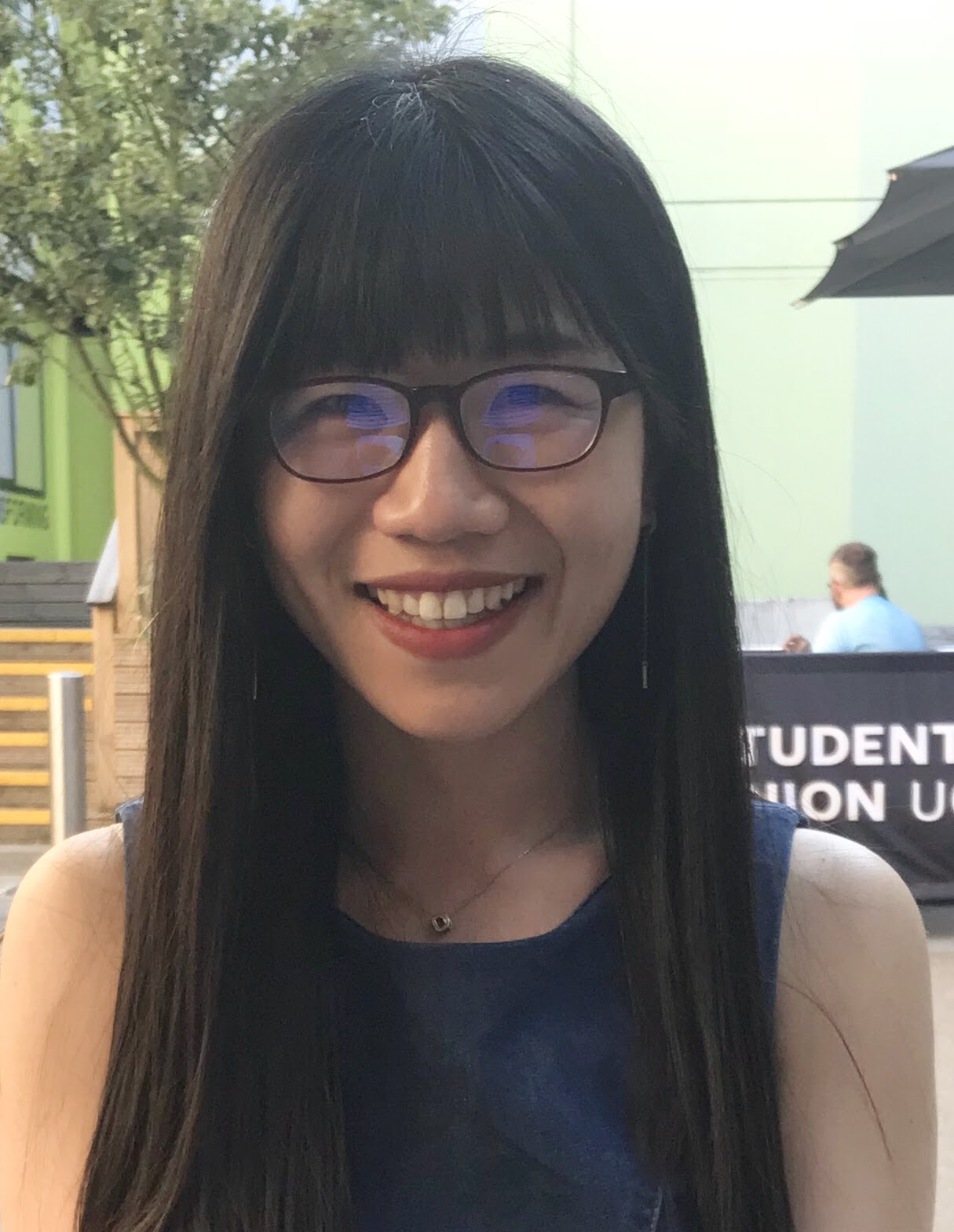
Jie M. Zhang (King’s College London, England) is a lecturer (assistant professor) of computer science at King’s College London, UK. Before joining King’s she was a Research Fellow at University College London and a research consultant for Meta. She got her PHD degree at Peking University in 2018. Her main research interests are software testing, software engineering and AI/LLMs, and AI trustworthiness. She has published many papers in top-tier venues including ICLR, ICSE, FSE, ASE, ISSTA, TSE, and TOSEM. She is a steering committee member of ICST and AIware. She is a Program co-chair of AIware 2024, Internetware 2024, ASE 2023 NIER track, SANER 2023 Journal-First Track, PRDC 2023 Fast Abstract Track, SBST 2021, Mutation 2021&2020, and ASE 2019 Student Research Competition. Over the last three years, she has been invited to give over 20 talks at conferences, universities, and IT companies, including four keynote talks. She has also been invited as a panelist for several seminars on large language models. She has been selected as the top-fifteen 2023 Global Chinese Female Young Scholars in interdisciplinary AI. Her research has won the 2022 Transactions on Software Engineering Best Paper award and the ICLR 2022 spotlight paper award. More information is available at: Link to Website
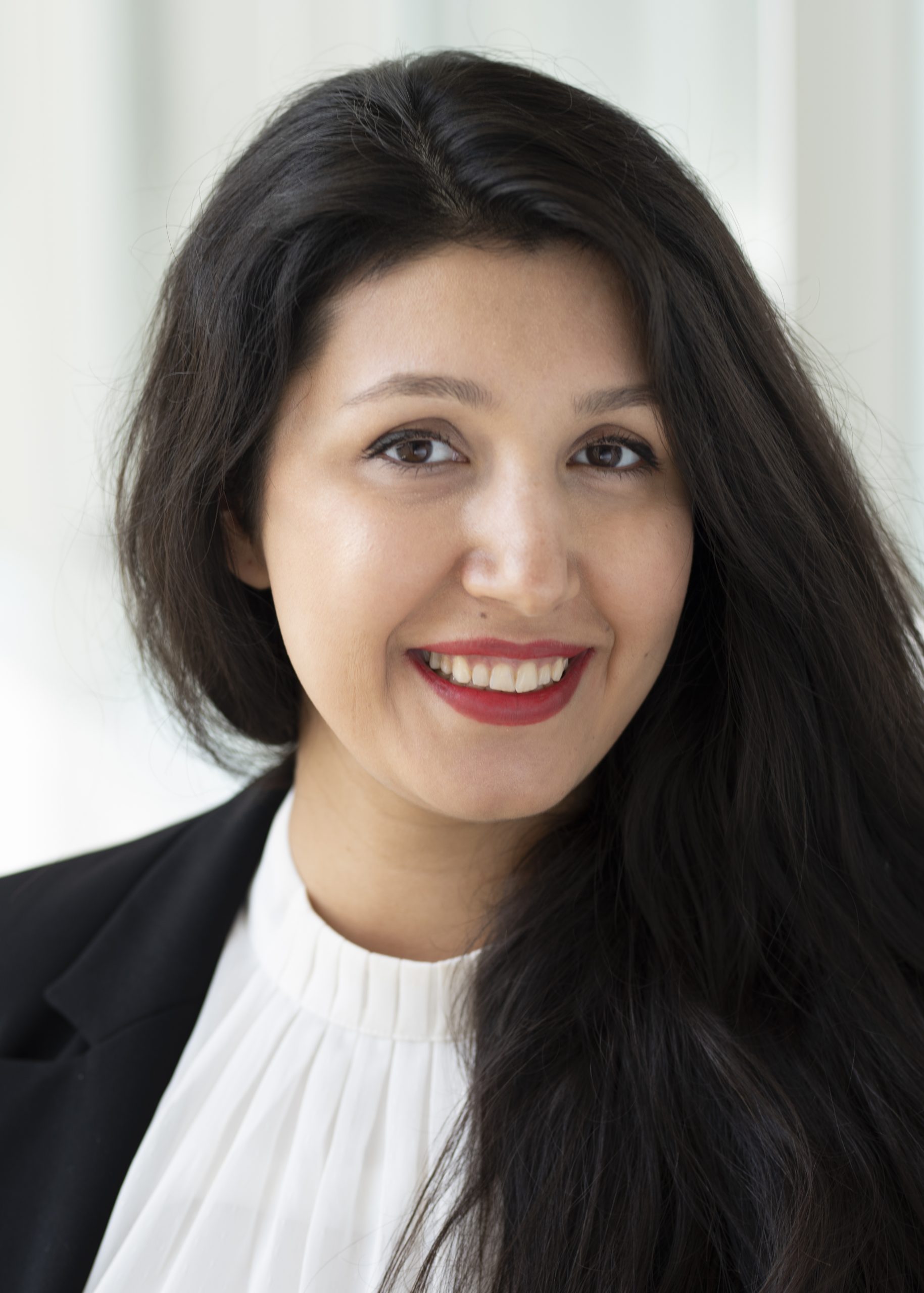
Golnoosh Farnadi (McGill University, Canada) is an Assistant Professor at McGill University’s School of Computer Science, an Adjunct Professor at Université de Montréal, and a visiting researcher at Google. She’s a key member of MILA, holds a Canada CIFAR AI Chair, co-directs McGill’s McCAIS, and leads the EQUAL lab at Mila/McGill, focusing on algorithmic fairness and responsible AI. Previously, she was at HEC Montréal and held postdoctoral positions at Université de Montréal/MILA and the University of California, Santa Cruz. Golnoosh completed her Ph.D. at KU Leuven and Ghent University in 2017, with research visits to several prestigious institutions. She has received awards from Google and Facebook, recognized as a Rising Star in AI Ethics, and in 2023, won a Google inclusion research award and was acknowledged as a leading woman in AI Ethics. More information is available at: Link to Website
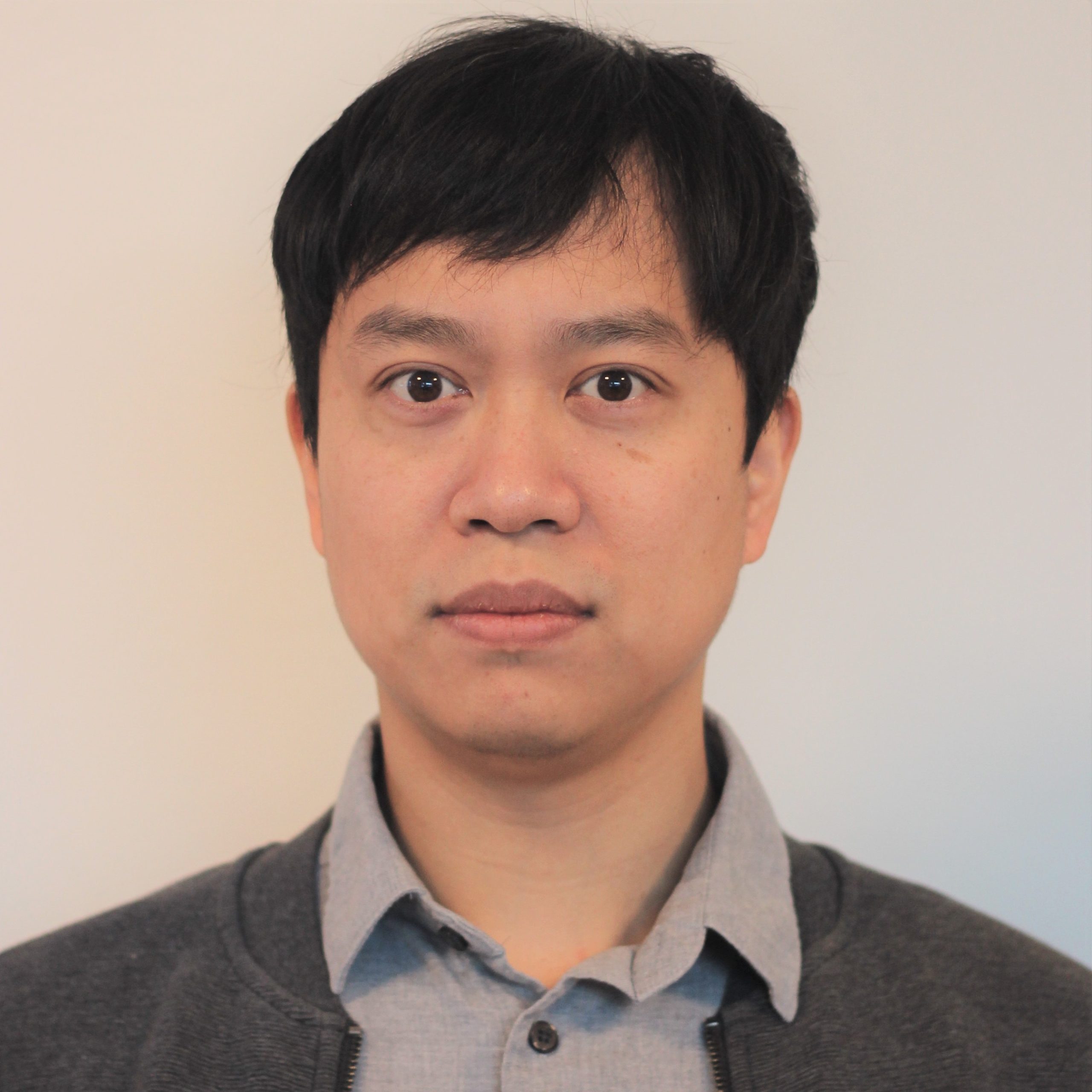
Anh Nguyen-Duc (South Eastern Norway and Norwegian University of Science and Technology, Norway) is a Full Professor of Software Engineering at University of South Eastern Norway and Norwegian University of Science and Technology. He has more than 150 peer-reviewed publications in high-ranked journals, conferences, and workshops in software engineering fields, including software startups, software security and AI Engineering. Currently, he is leading several research initiatives on evaluating the adoption of Generative AI for software development and business. More information is available at: Link to Website
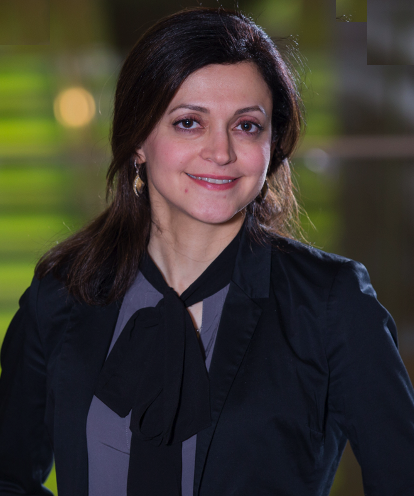
Elnaz Kanani K. (Deloitte, Canada) is Partner in Omnia – Artificial Intelligence (AI) practice at Deloitte. She is a mathematician at heart with a Doctorate degree in Management Sciences, Quantitative Methods, from University of Montreal for which she was the recipient of the best doctoral thesis of 2015. She leads advanced analytics and AI initiatives for Government and Public Services and has worked with various government entities in these topics. Her expertise spans data analytics, machine learning, and the implementation of AI (and Generative AI) solutions to drive efficiency and transparency in government operations and processes. Known for her commitment to ethical AI practices, she has successfully navigated the intersection of technology and public service, contributing to the advancement of data-driven governance and policy-making. She has pioneered numerous proof of concepts, minimum viable products (MVPs), and fully functional AI solutions for the public sector. She is also an Adjunct Professor at the University of Ottawa’s Telfer School of Management, where she teaches multiple courses focused on Business AI, Big Data Analytics, and Digital to MBA and Executive-MBA candidates. Elnaz was also recognized as a rising business star by the Ottawa Board of Trade in 2021 as part of their annual Forty under 40 awards.
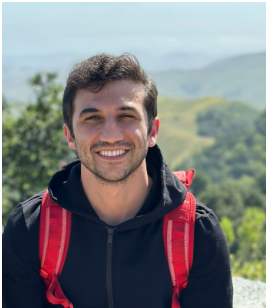
Karime Maamari (Distyl AI, USA) is a Research Engineer at Distyl AI, where he specializes in building LLM-powered structured querying and optimization systems for Fortune 500 customers. Prior to that, Karime was a Research Associate at Argonne National Laboratory, where he worked on synthetic data generation and a Simulation Engineer at the NASA Langley Research Center, where he worked on simulation development and analysis. Karime holds a B.S in Physics from the University of Southern California.

Laurent Barcelo, Partner and CTO (Videns Analytics, Canada) joined Videns Analytics in early 2019, a few months after its creation. Previously, Laurent worked for over 20 years at the Lafarge Group, a multinational and global leader in building materials. He held various management positions related to research and development, scientific network coordination, technical expertise, and innovation. He also launched and led an R&D program to support the group’s digital transformation before shifting his career towards data science. He has led several machine learning projects at Videns, and his role has gradually evolved towards technical supervision.

Shin Hwei Tan (Concordia University, Canada) is an Associate Professor (Gina Cody Research Chair) in Concordia University. Before moving to Concordia University, she was an Assistant Professor in Southern University of Science and Technology in Shenzhen, China. She obtained her PhD degree from National University of Singapore and her B.S (Hons) and MSc degree from UIUC, USA. Her main research interests are in automated program repair, software testing and open-source development and education. She is an Associate Editor for TOSEM and the Guest Editors in Chief for the New Frontier in Software Engineering track in TOSEM. She has also served as General Chair for FSE26 and PCs for top-tier software engineering conferences, where she won 3 best reviewers award (FSE 2020, ASE 2020, ICSE 2022 NIER-track). More information is available at: Link to Website

Emilio Rivera-Landos (Desjardins, Canada) works in ML Engineering at Desjardins where he is building a Cloud Platform that can offer modern ML workflows to the in-house data scientists. He is also working on defining the MLEng/MLOps practices at Desjardins and engineering ML Use Cases on its platforms. He is working to build and ship ML-enabled solutions that provide trustworthy results. He is a Polytechnique Montréal alumni, with a bachelor in Computer Engineering (2017) and a Masters in Computer Engineering (2020) under the supervision of Prof. Foutse Khomh. He strongly believes in understanding every bit of systems he uses, their advantages and their limitations. He also believes that strong multidisciplinary skills are expected from next-generation engineers at high and low levels.



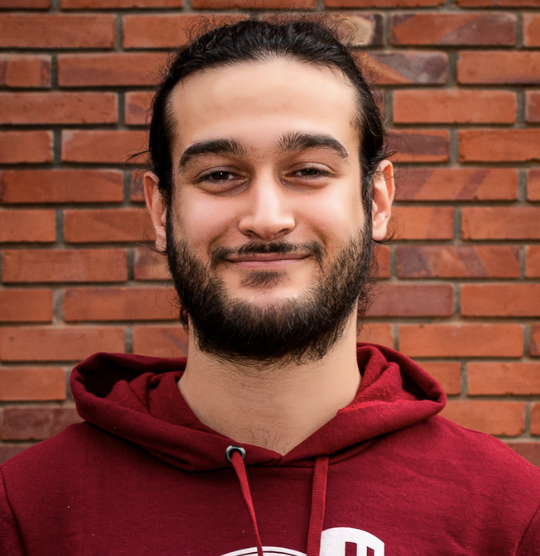
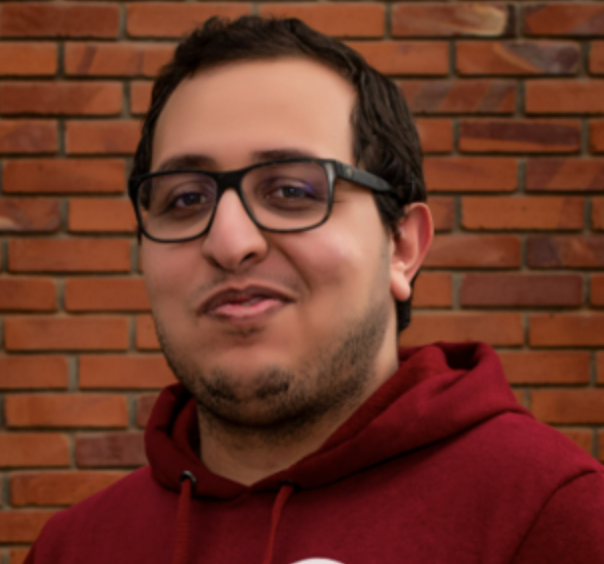
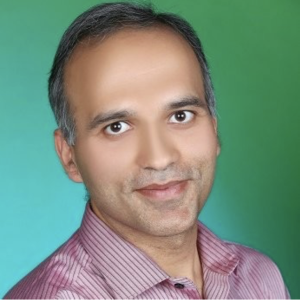
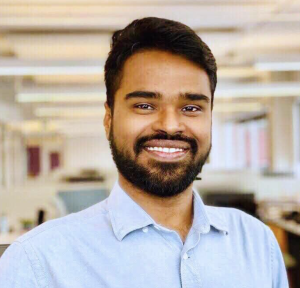
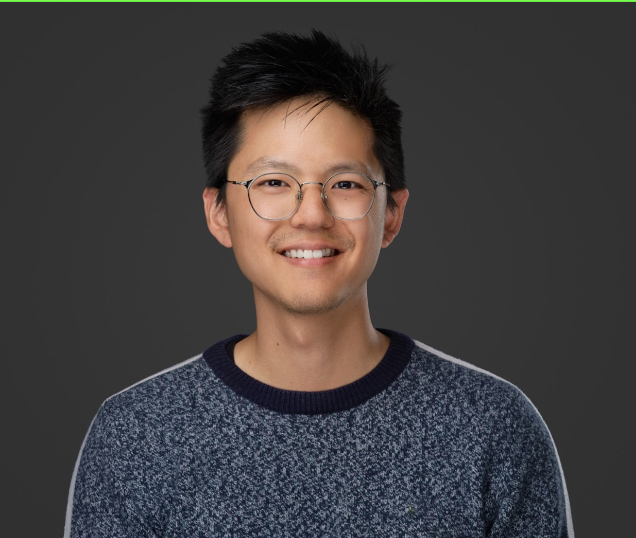
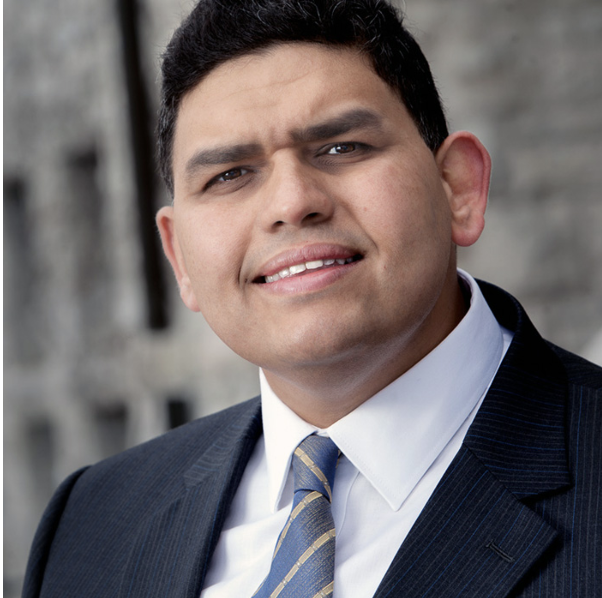

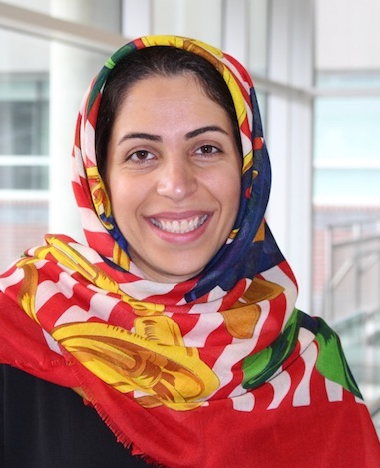



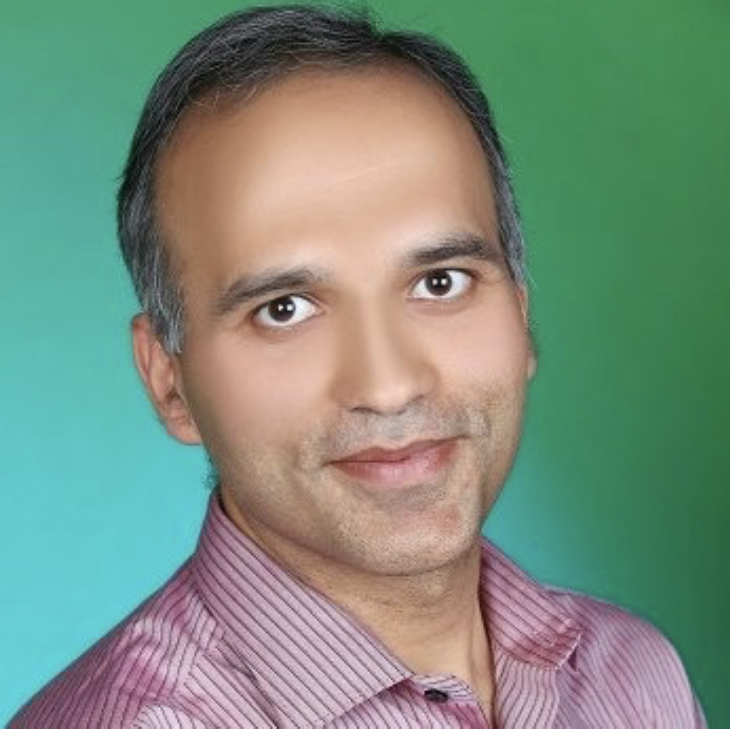


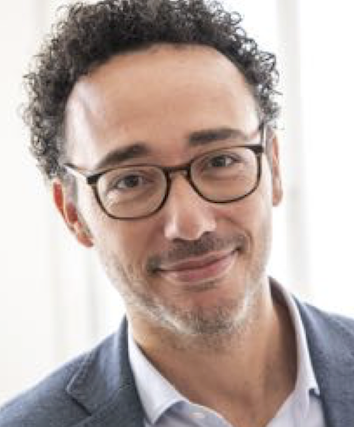
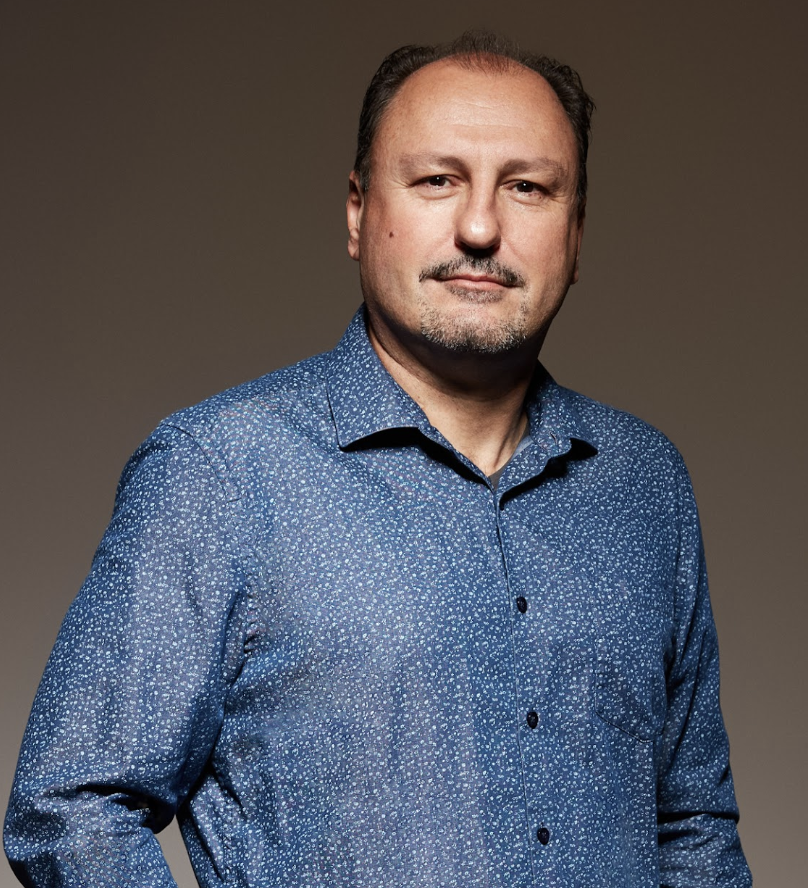
 Abstract: Anomaly detection plays an important role in management of modern large-scale distributed systems. Logs, which record system runtime information, are widely used for anomaly detection. However, Unsupervised anomaly detection algorithms face challenges in addressing complex systems, which generate vast amounts of multivariate time series data. Timely anomaly detection is crucial for managing these systems effectively and minimizing downtime. This proactive approach minimizes system downtime and plays a vital role in incident management for large-scale systems. To address these challenges, a method called Multi-Scale Convolutional Recurrent Encoder-Decoder (MSCRED) has been developed for detecting anomalies in CN PTC system logs. MSCRED leverages the power of multivariate time series data to perform anomaly detection and diagnosis. It creates multi-scale signature matrices that capture different levels of system statuses across various time steps. The method utilizes a convolutional encoder to capture inter-sensor correlations and a Convolutional Long-Short Term Memory (ConvLSTM) network with attention mechanisms to capture temporal patterns.
Abstract: Anomaly detection plays an important role in management of modern large-scale distributed systems. Logs, which record system runtime information, are widely used for anomaly detection. However, Unsupervised anomaly detection algorithms face challenges in addressing complex systems, which generate vast amounts of multivariate time series data. Timely anomaly detection is crucial for managing these systems effectively and minimizing downtime. This proactive approach minimizes system downtime and plays a vital role in incident management for large-scale systems. To address these challenges, a method called Multi-Scale Convolutional Recurrent Encoder-Decoder (MSCRED) has been developed for detecting anomalies in CN PTC system logs. MSCRED leverages the power of multivariate time series data to perform anomaly detection and diagnosis. It creates multi-scale signature matrices that capture different levels of system statuses across various time steps. The method utilizes a convolutional encoder to capture inter-sensor correlations and a Convolutional Long-Short Term Memory (ConvLSTM) network with attention mechanisms to capture temporal patterns.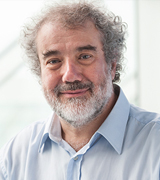
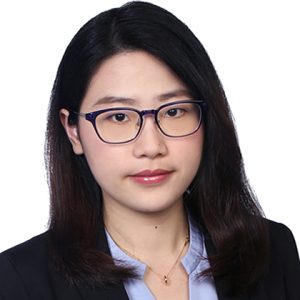 Abstract
Abstract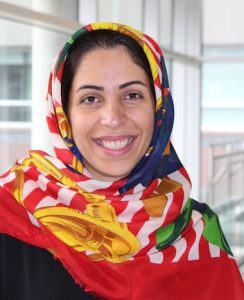 Abstract: Language models such as RoBERTa, CodeBERT, and GraphCodeBERT have gotten much attention in the past three years for various Software Engineering tasks. Though these models are proven to have state-of-the-art performance for many SE tasks, such as code summarization, they often require to be fully fine-tuned for the downstream task. Is there a better way for fine-tuning these models that require training fewer parameters? Can we impose new information on the current models without pre-training them again? How do these models perform for different programming languages, especially low-resource ones with less training data available? How can we use the knowledge learned from other programming languages to improve the performance of low-resource languages? This talk will review a series of experiments and our contributions to answering these questions.
Abstract: Language models such as RoBERTa, CodeBERT, and GraphCodeBERT have gotten much attention in the past three years for various Software Engineering tasks. Though these models are proven to have state-of-the-art performance for many SE tasks, such as code summarization, they often require to be fully fine-tuned for the downstream task. Is there a better way for fine-tuning these models that require training fewer parameters? Can we impose new information on the current models without pre-training them again? How do these models perform for different programming languages, especially low-resource ones with less training data available? How can we use the knowledge learned from other programming languages to improve the performance of low-resource languages? This talk will review a series of experiments and our contributions to answering these questions.